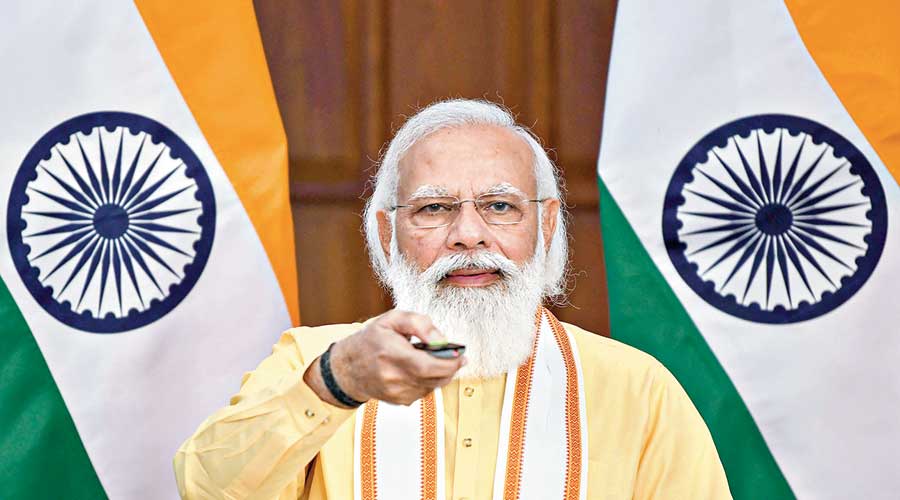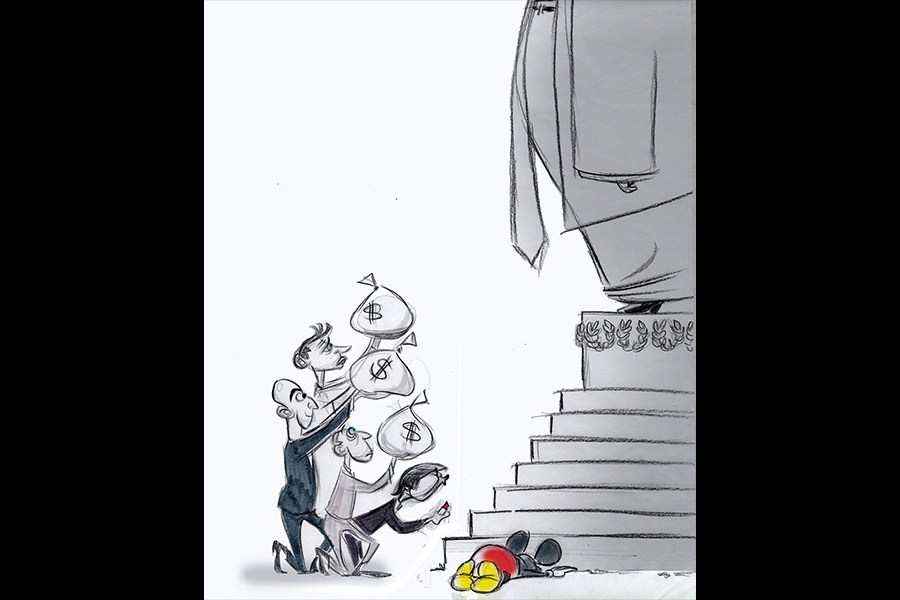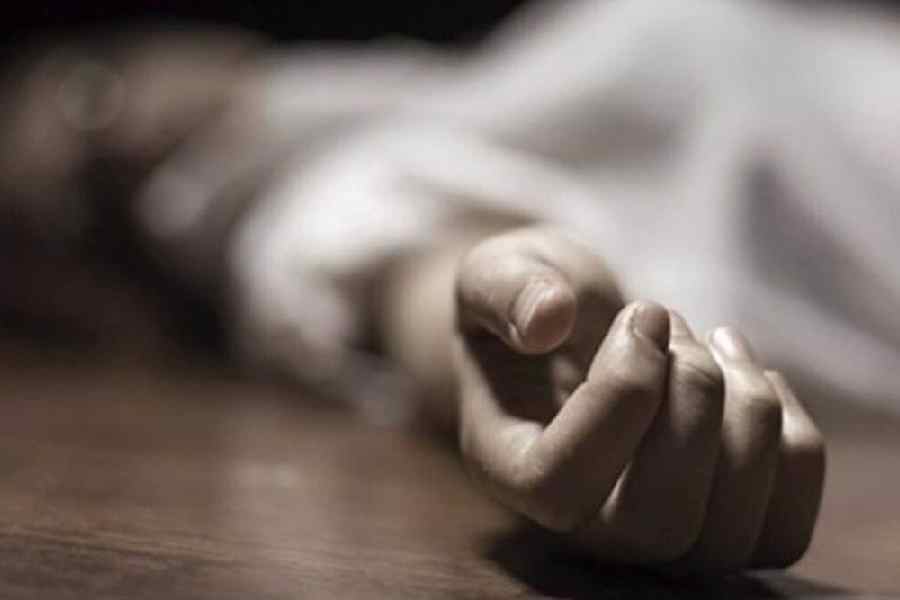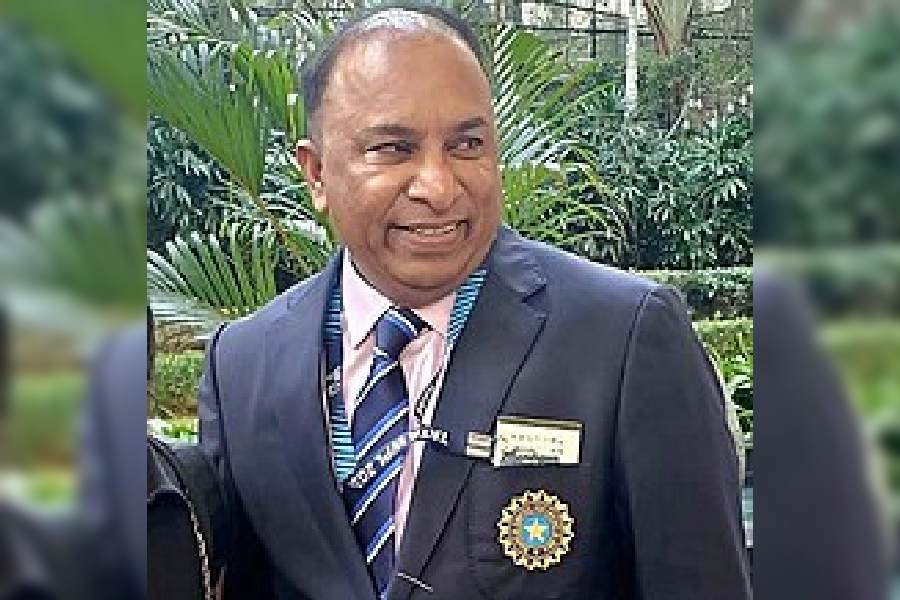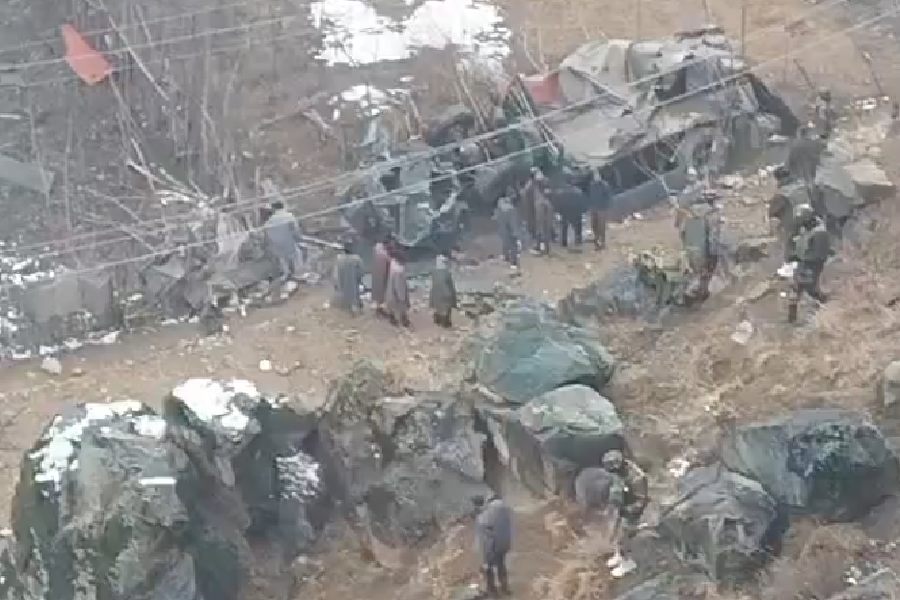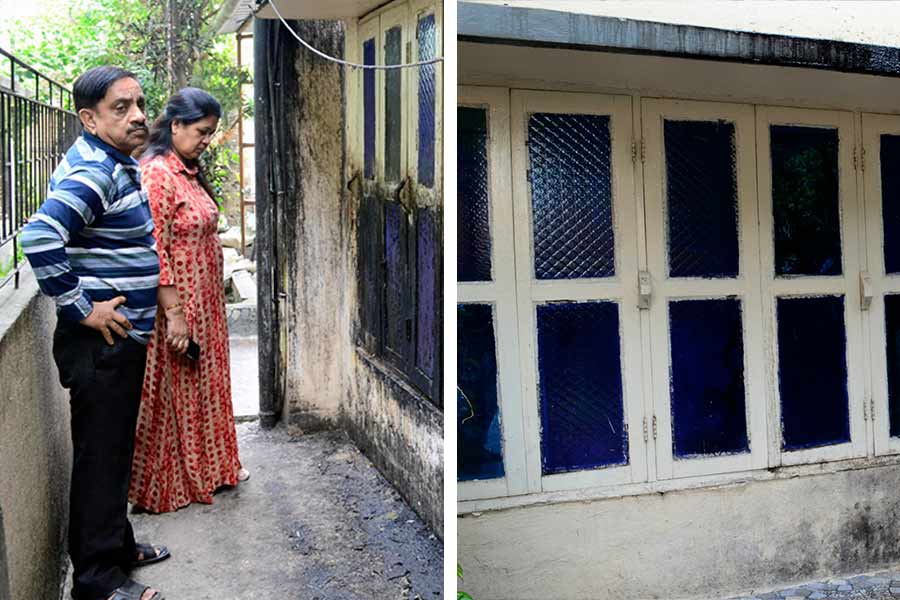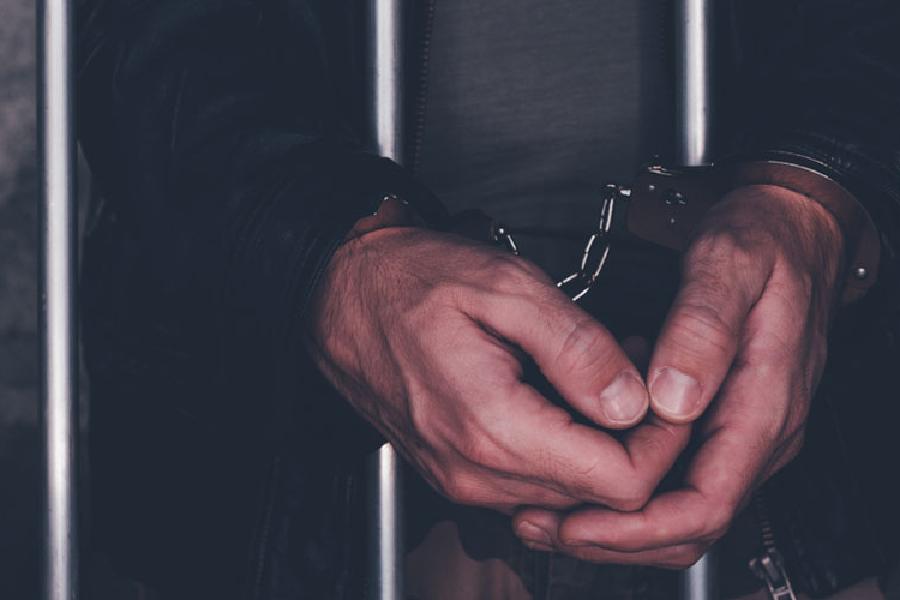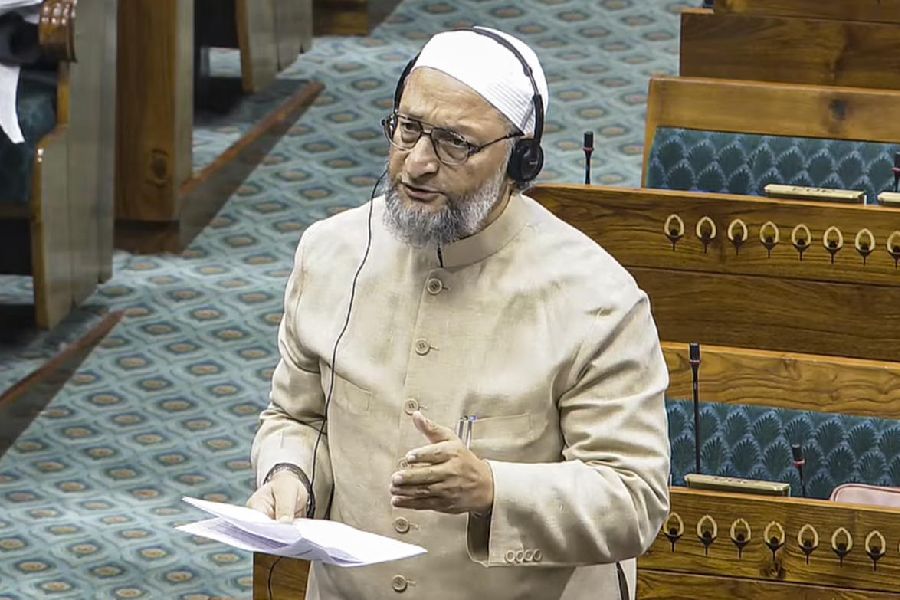Stressing that it is a country's duty to protect its history, Prime Minister Narendra Modi said on Saturday that events of the past "teach us and give us direction to move forward", as he dedicated to the nation the renovated complex of Jallianwala Bagh memorial.
Modi, who inaugurated the complex virtually, paid homage to the Jallianwala Bagh martyrs.
"The global developments remind us of the importance of self-reliance and self-confidence.
"At a time when we are celebrating Amrut Mahotsav, we should strengthen our nation's foundation and take pride in it," the prime minister said.
"Today, if any Indian is in trouble anywhere in the world, then India stands up to help him with all its might. Be it the Corona period or the crisis of Afghanistan, the world has experienced it continuously. Hundreds of people from Afghanistan are being brought to India under Operation Devi Shakti," the prime minister said.
He said the dedication of the renovated complex in the country's 75th year of freedom is a matter of inspiration for all.
"It is the duty of every country to protect its history. Events of past teach us and give direction to move forward," he said.
Horrors like the Jallianwala Bagh massacre and the Partition speak of the sacrifices made for India's freedom and should not be forgotten as they inspire to keep the country above all, the prime minister said.
"It is not right for any country to ignore such horrors of its past," he said, noting August 14 is now being observed as Partition Horrors Remembrance Day.
"This place will inspire future generations about the journey of our Independence movement, the sacrifices and countless struggles of our ancestors.
"What should be our duty towards our nation and how we should keep the country above all in everything we do, the inspiration for this will come from this place," the PM said.
Quoting Gurbani, the prime minister said happiness emanates from empathy and service.
For the all-round progress of Punjab and the country, a combined effort is needed, he said, adding "virasat (heritage) and vikaas (development) must coexist".
A wreath-laying ceremony was held and a two-minute silence was observed in the memory of martyrs of the Jallianwala massacre.
Museum galleries have been developed at the memorial and the event showcased multiple development initiatives taken by the government to upgrade the complex.
A sound and light show has been set up to display the events of April 13, 1919.
Four museum galleries have been created through adaptive reuse of redundant and underutilised buildings.
They showcase the historical value of events that unfolded in Punjab during that period, with the fusion of audio-visual technology, including projection mapping and 3D representation, as well as art and sculptural installations.
Over 1,000 people were killed and hundreds wounded on April 13, 1919 when British troops fired indiscriminately on an unarmed gathering of thousands who had assembled in Jallianwala Bagh in Punjab amid nationwide protests against the Rowlatt Act which had extended wartime repressive measures.

